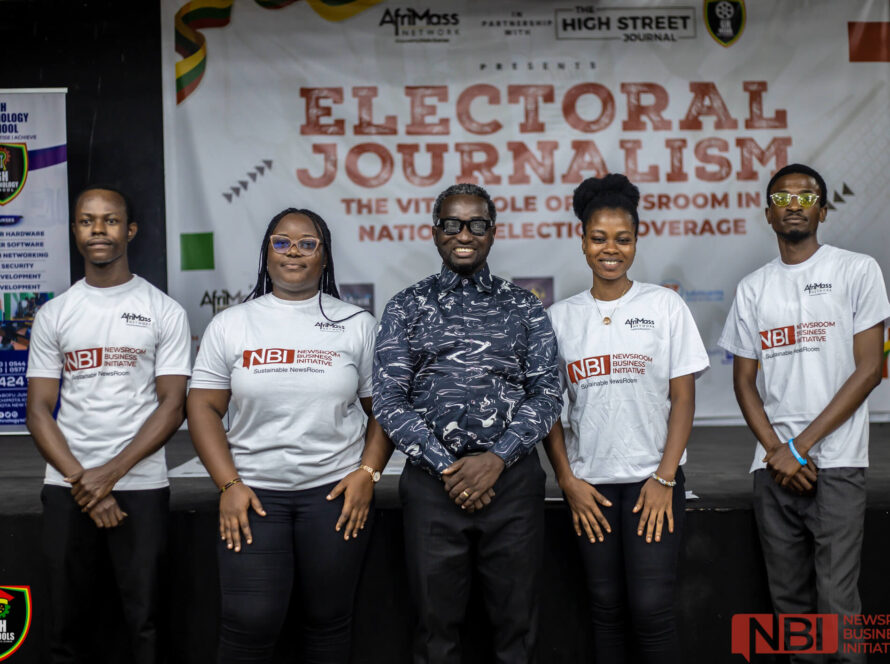Media development is the process of strengthening the capacity and quality of media. This process includes advocacy, technical assistance, education as well as many other activities that address the media sector as a whole. The Center for International Media Assistance (CIMA) provides the following recommendation:
Media development requires an integrated approach. Professional development is critical, but insufficient; well-trained journalists need supportive laws; editors need supportive publishers; and owners need managers with business skills to make their enterprises sustainable. A public that understands the value of quality journalism and government officials who understand the role of an independent press are equally important. Change will happen faster if all the factors—professional development, economic sustainability, legal-enabling environment, and media literacy—are addressed simultaneously.[i]
Election coverage will almost always benefit from concerted efforts toward media development in general. Here are some of the key points explored in this chapter:
- Media professionalism is the conduct of media coverage and activities according to high standards of ethics, accountability, legality and credibility, while exercising rights such as freedom of expression and information. Media professionalism is an essential ingredient to democratic election processes.
- There is often a dearth of training and experience in election reporting. Journalists often do not have professional journalism degrees, and have limited exposure to professional training. Where journalists do have access to education and training, the topic of elections is quite often a minor component of the training, often subsumed under ‘political reporting’ or a similar topic. Many journalists gain skills in election reporting from on-the-job experience, or from courses organised by stakeholders in the lead-up to elections. These courses may be useful, or may be limited in scope.
- To promote quality media and enhance its role in democratic societies, many other important activities are carried out worldwide. These include:
o Advocacy and Legal Support
o Business Development
o Media Infrastructure
- Planning is very important to election coverage. Elections are challenging stories, requiring major redeployment of human and financial resources. Much of what needs to be done can be foreseen before the beginning of an election campaign.
- Journalists and editors need to keep sight of specific ethical issues that may arise in election reporting. Sometimes media organisations will come together and formulate a voluntary code of conduct for election coverage, in consultation with other stakeholders – notably EMBs and political parties. Sometimes media outlets will formulate internal codes of conduct that apply just to their outlet.
- Journalists need to develop understanding of media strategies adopted by political parties to communicate their messages. Journalists will need to be careful not to become unwitting servants of the parties’ media campaigns, while still maintaining capacity to explain parties’ behaviour to the public.
- Accurate and innovative election reporting takes public interest as its starting point and priority. , As part of this effort, it includes not only the voices of contestants but also of voters and the general public.


